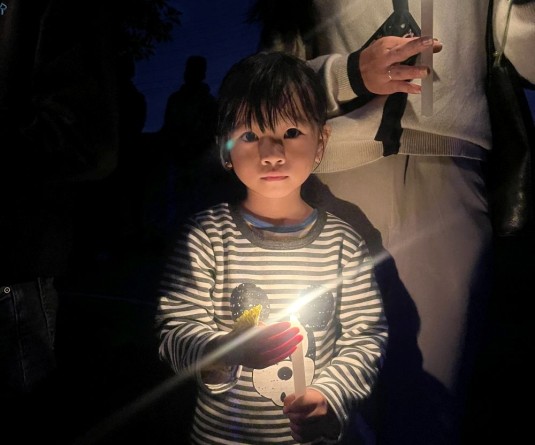
Air quality monitored regularly, says Nagaland Pollution Control Board
Morung Express News
Dimapur | October 27
The October 23 Supreme Court’s judgment on firecrackers refused to impose a blanket ban on its bursting, but at the same time issued several directions to be implemented by various state’s authorities across India.
The SC’s verdict by the bench comprising of Justice A.K. Sikri and Justice Ashok Bhushan allowed only the use of only ‘green firecrackers’ with reduced emission and decibel levels during all religious festivals.
When contacted, an official of the Nagaland Pollution Control Board (NPCB) told The Morung Express that it was aware of the verdict but was waiting for a copy of the whole judgment.
The NPCB will act accordingly and would be coming out with new directives in the future, he said.
While primarily concerned with Delhi and National Capital Region, many directives are applicable across the country.
Among others, it said that on Diwali and Gurpurab, firecrackers could be burst only between 8-10 pm across India. The bench also provided that firecrackers would be allowed between 11:55 pm. and 12:30 am on Christmas and New Year while banning the bursting of firecrackers not conforming to the green norms.
The judgement made clear that the Direction No (xiv) “pertaining to the duration within which fireworks can take place on all such occasions would be applicable throughout India.”
Similarly, the direction on extensive public awareness campaigns is also a “pan India direction.” “Extensive public awareness campaigns shall be taken up by the Central Government/State Governments/Schools/ Colleges informing the public about the harmful effects of firecrackers,” the judgment said.
When queried about the direction on firecrackers, the official said that the NPCB has been regularly coming out with direction on this matter.
For instance, on October 1, the State Board issued a notice on firecrackers and restricted its usage during the night i.e. from 10 pm to 6 am. Firecrackers above 125 decibels were also banned according to the notification.
he NPCB in the notification also informed that prior permission has to be taken from the concerned administration who will give permission to carry out bursting of fireworks specifying the time and place (away from hospitals, schools. residential areas).
Regarding the same, the official noted that district administration and the police machinery have to take pro-active action for effective implementation.
Meanwhile, the October 23 SC’s judgement also directed the CPCB and respective State Pollution Control Boards/ Pollution Control Committees (SPCBs/PCCs) of the States and Union Territories to carry out short-term monitoring in their cities for 14 days (commencing from 7 days prior to Diwali and ending 7 days after Diwali).
The monitoring includes for the parameters namely, Aluminum, Barium, Iron apart from the regulatory parameters against the short-term Ambient Air Quality Criteria Values (AAQCVs) proposed by CPCB with regard to the bursting of firecrackers.
Regarding the direction, the NPCB official informed that under National Air Monitoring Programme (NAMP) there are four monitoring stations in Nagaland i.e. two stations at Dimapur and two stations at Kohima.
“The monitoring of pollutants is carried out for 24 hours and 8 hourly sampling for particulate matter (RSPM) and 4 hourly sampling for gaseous pollutants (NO2 & SO2) twice in a week,” as per the NPCB’s website.
The board, however, with the new direction from SC has to undertake the 7-day short-term Monitoring.




